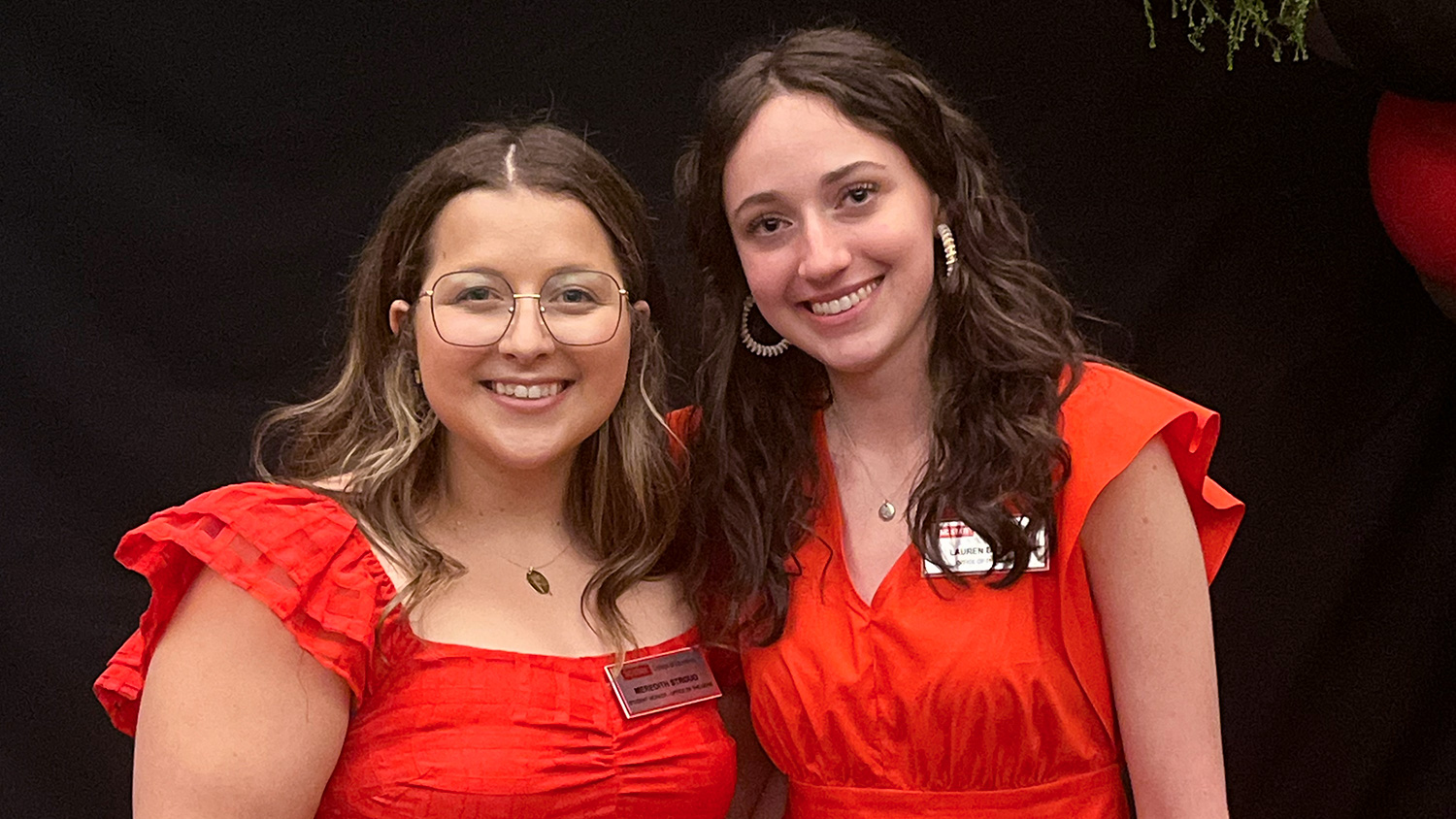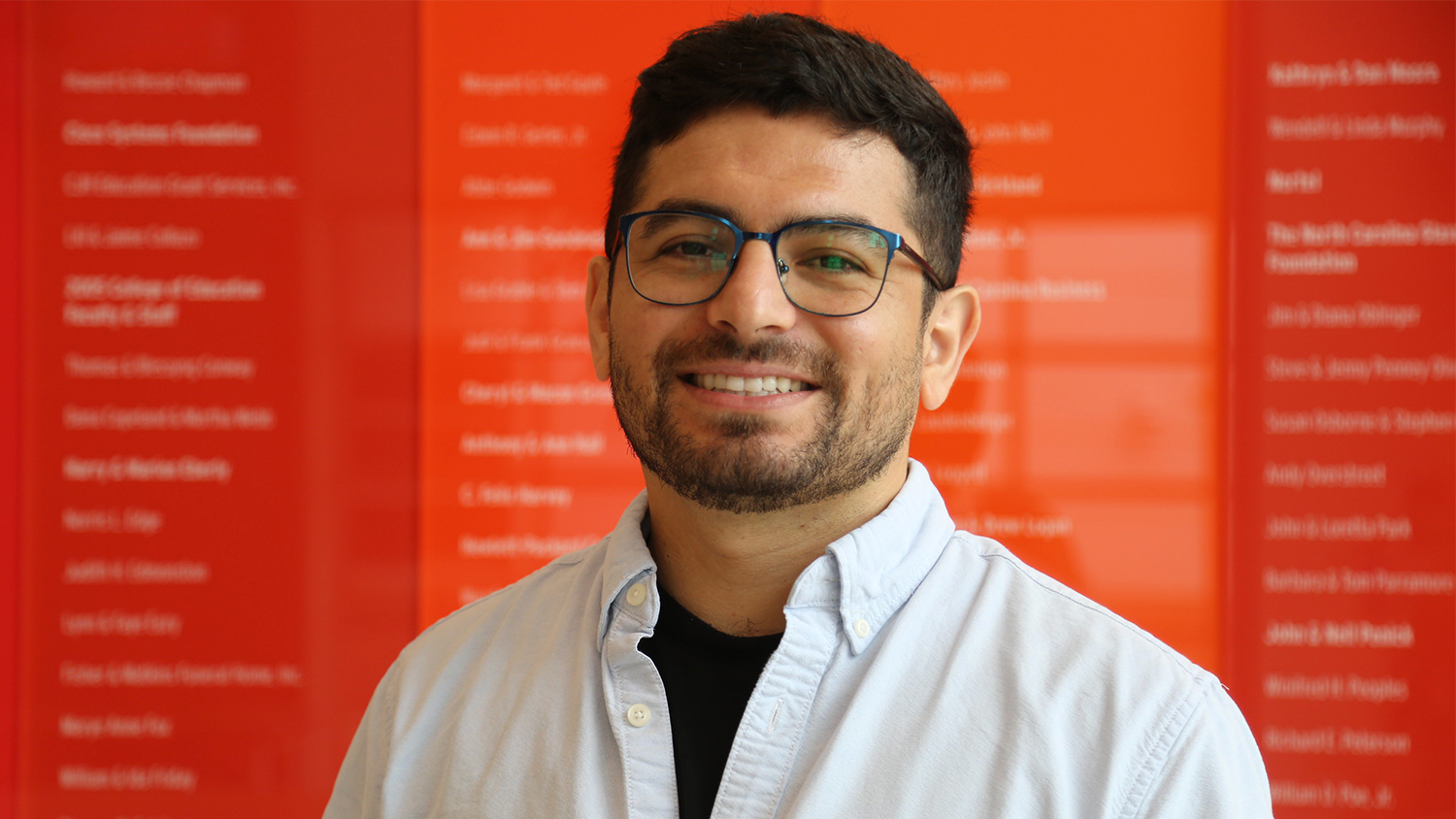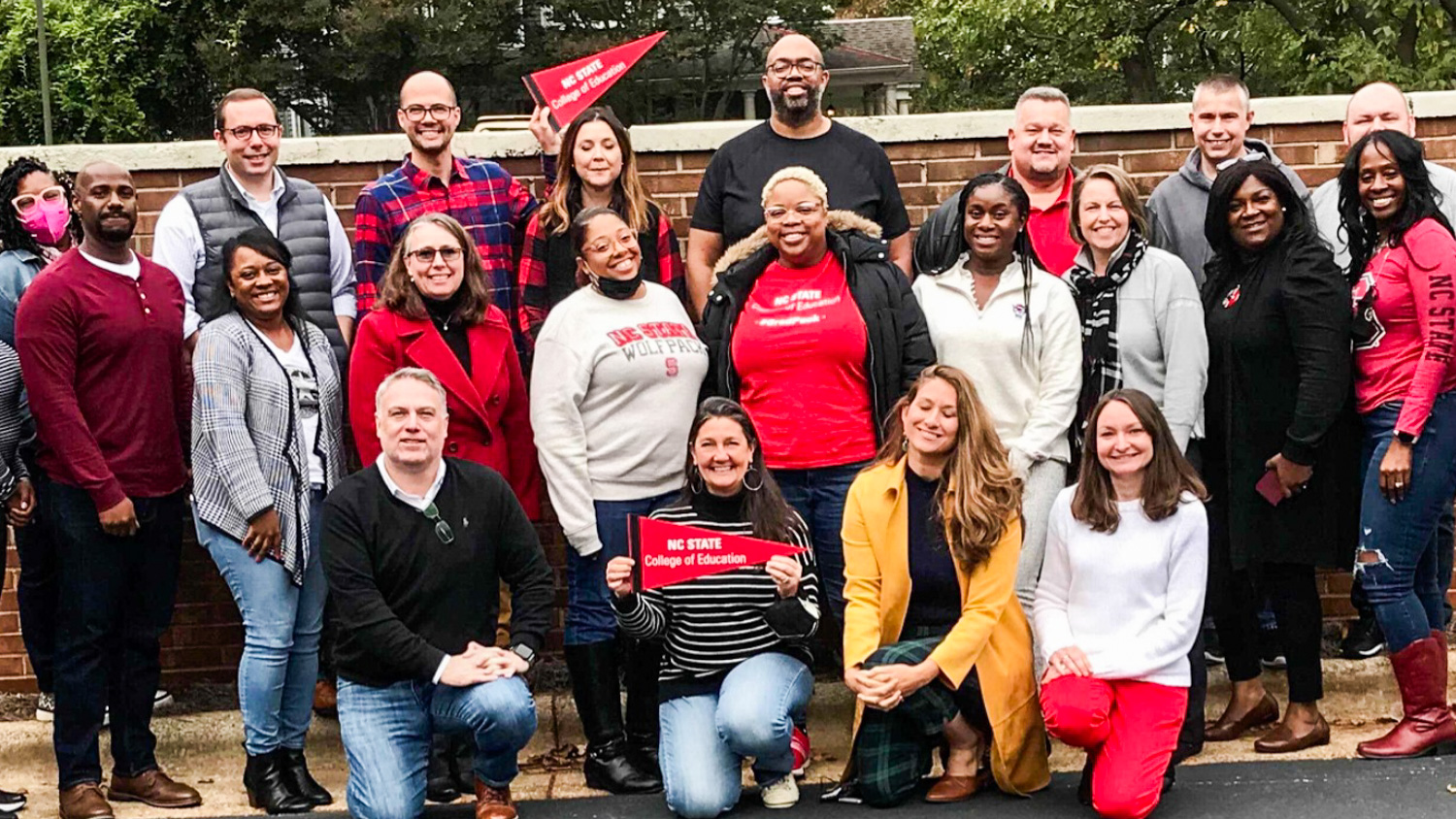Meet Myshalae Jamerson-Euring: ‘I Want to be a Positive Force for Change’

This is part of a series of profiles about faculty who joined the NC State College of Education in 2019-20.
Why did you choose the NC State College of Education?
I chose to come to the NC State College of Education because I began my journey into higher education at NC State. I was thrilled to have the opportunity to give back to the university that provided the foundation for my future endeavors.
[spotlight-box label=”” img=”” heading=”Myshalae Jamerson-Euring, Ph.D.” cta=”” url=””]
Title: Teaching Assistant Professor of Counselor Education
Department: Educational Leadership, Policy, and Human Development
Education: Ph.D. in Rehabilitation Counseling and Counselor Education, North Carolina Agricultural and Technical University; M.S. in Rehabilitation Counseling, Winston-Salem State University; B.A. in English and Psychology, NC State University
Experience: Assistant professor and clinical coordinator, Master in Clinical Mental Health Program at Texas Tech Health Sciences Center.
[/spotlight-box]
Why did you choose a career in education?
I chose a career in education because I want to be a positive force for change. As a counselor and counselor educator, I believe that collaboration and positive interactions contribute to effective practice and instruction. The traditional “banking” system of education, where the instructor/authority “deposits” knowledge, hinders relationships.
Why did you choose your specific field?
I chose my specific field because I have devoted my academic and personal life to advocacy, inclusion, and acceptance of individuals with mental health disorders, disabilities and other marginalized communities.
Why did you pursue a Ph.D.?
I pursued a Ph.D. because I wanted to help train future counselors and contribute to the field with research and field experience.
What are your research interests and how did you become interested in that topic?
My research interests include disability and rehabilitation counseling related issues, multicultural issues in counseling and expressive arts therapy. My research interests reflect my passion for personal growth, self-awareness, empathy, understanding, client-centered practice and social justice.
What is your teaching philosophy?
My teaching philosophy is experiential. Experiential teaching theories assert that people learn from experience in addition to concepts and reading, and reflection on experience is a powerful ground for creating useful abstract concepts.
What do you hope your students learn from you?
In addition to relationships, my goals for clients and students are to promote multicultural awareness, promote self-awareness and personal growth, encourage empathy and understanding, and provide motivation for social change.
- Categories:


